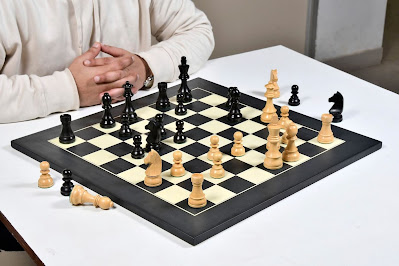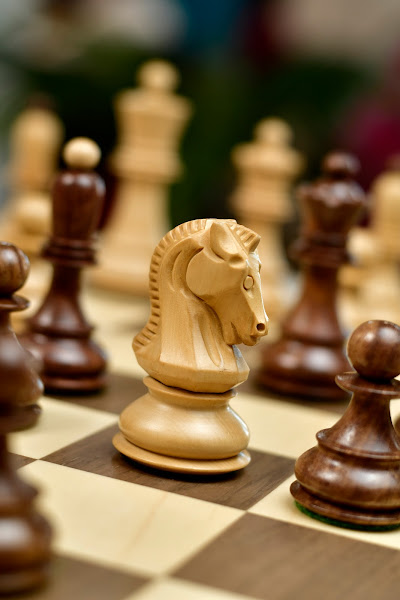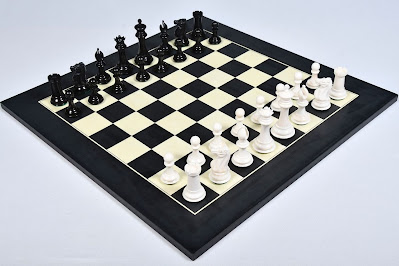A Comprehensive Guide to Steady Improvement In Chess
In this guide, we'll explore the essential elements for your steady improvement. From mastering various time variants to honing tactical vision and understanding the nuances of endgame and psychology, every step you take will bring you closer to chess mastery.
Play lots of game but with different time variants: from the deliberate pace of 10-minute games to the blitz games, each offers unique challenges and opportunities for growth. Play with different time controls to refine your skills and adaptability.
One of the important part in chess improvement is the "Tactical vision" which is like the bedrock of a strong chess foundation. Dedicate time to solving puzzles regularly to sharpen your tactical acumen. I highly recommend 'The Art of Attack in Chess' by Vladimir Vukovic, it has many challenging puzzles that will stretch your strategic thinking to its limits.
Endgame, after all the opening and middle game you are now at last stage to win the game, where the subtle dance of positional play, trading, and sacrifices can make or break a match. You can improve by reading endgame books. My System, by Nimzowitsch, does not exclusively deal with endgames, but the principles stated in that book, are an absolute gold mine for establishing a decent understanding of positional play, that applies in all phases of chess. Understanding the psychological aspect of chess too, from maintaining focus to managing emotions, is just as crucial as mastering the technical aspects.
Getting improve in chess is a journey of dedication and continuous learning. Take the insights from this guide and apply them diligently to your practice regimen. I would also suggest to play on physical chess set, as at the end you are going to compete players on a physical chess board, so it good to practice on it too. Keep playing and keep learning.




Comments
Post a Comment